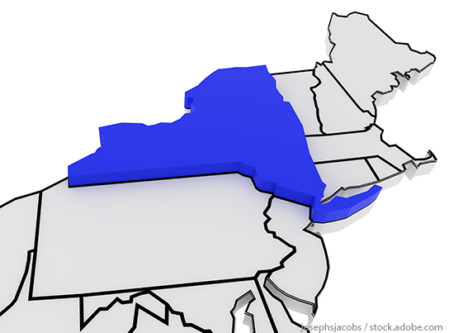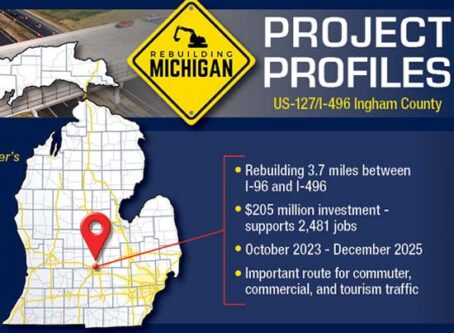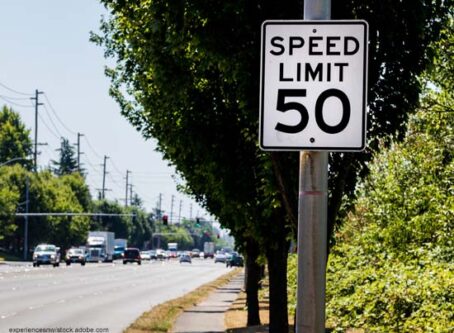Kansas to expand electric vehicle charging station infrastructure
In the quest for an efficient electric vehicle charging infrastructure, the Kansas Department of Transportation is looking to add more electric vehicle charging stations along the state’s highways.
KDOT is requesting money to install electric vehicle charging stations along the state’s most traveled highways. The request is a formality for the state’s plan to install the charging stations using money it received through Volkswagen’s settlement for its alleged role in bypassing emissions standards with defeat devices.
According to a news release, KDOT will be using $2 million of the money it received from the Volkswagen Mitigation Trust to fund the electric vehicle charging stations.
Specifically, Kansas will install DC Fast Charging stations.
So far, KDOT has identified 12 “priority locations” that need more access to electric vehicle charging stations. Specifically, the project will install charging stations every 50 miles along the primary corridors. The following priority locations include new charging stations within 5 miles of the corridor exit:
- I-70 – Oakley/Grainfield/Grinnell area
- I-70 – WaKeeney
- I-70 – Russell
- I-70 – Ellsworth/U.S. 156 exit
- I-70 – Abilene to Junction City area
- I-70 – Manhattan to Paxico area
- I-35 – Ottawa
- I-35 – Emporia
- I-35 – Cassoday to Matfield-Green area
- I-35 – Belle Plaine – Wellington Area
- I-135 – Newton/North Newton
- S. 81 – Concordia
A virtual pre-proposal call is scheduled from 1:30 p.m. to 2:30 p.m. CDT on Tuesday, Nov. 2. To participate in that call, click here.
Volkswagen Mitigation Trust
Funding for the electric vehicle charging stations comes from the Volkswagen Mitigation Trust. In 2015, the U.S. federal government filed a lawsuit against Volkswagen, claiming it sold more than half a million vehicles in the U.S. with a defeat device that cheated emission tests required by the Environmental Protection Agency and the California Air Resources Board.
According to the complaint, Volkswagen installed devices on 590,000 vehicles equipped with 2- and 3-liter diesel engines. Without the devices, the vehicles would not pass stricter emissions standards in the United States. However, an “auxiliary emission control device” that cheated U.S. emissions tests was installed and never disclosed. Consequently, hundreds of thousands of vehicles that were not EPA-compliant were sold in the U.S. market.
Volkswagen eventually reached a settlement with the U.S. government worth $14.7 billion. Part of the settlement was to fund a nearly $3 billion mitigation trust, which funds diesel emission mitigation projects for states and tribes.
The state of Kansas received nearly $15.6 million of that trust fund. According to the Kansas Department of Health and Environment, that money will be received over ten years for projects that reduce NOx emissions. The electric vehicle charging station project is just one of many eligible projects, which include engine repowers and vehicle replacements for Class 8 local freight and port drayage Class 4-7 local freight trucks. Kansas also is considering a state-level expansions of the Diesel Emission Reduction Act.
In February, Massachusetts and New Jersey used their funding for an electric truck rebate program for the private sector. LL









